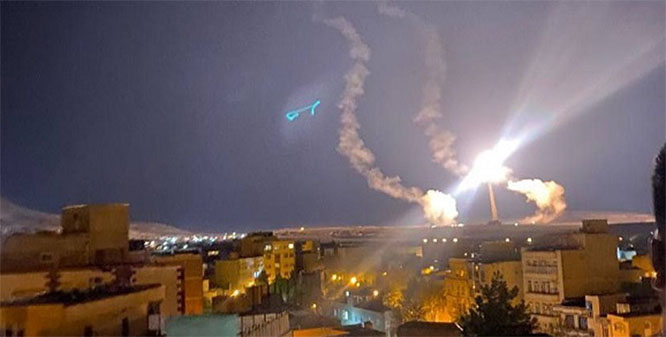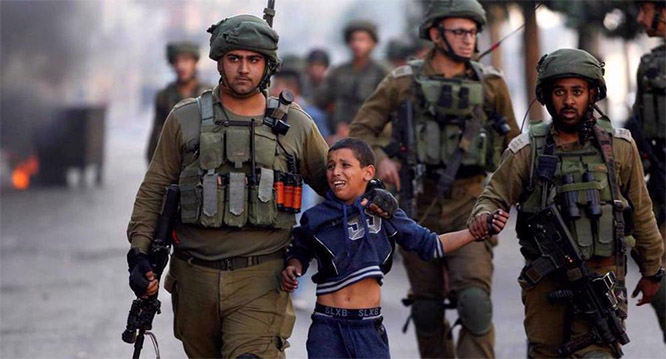The number of Palestinians arrested by Israeli military forces in the occupied West Bank has surged to 8,165 since October 7, when Israel launched its relentless offensive against Palestinians in the Gaza Strip.
The Palestinian Prisoners Society and the Commission of Detainees and ex-Detainees in a joint statement on Tuesday said that over the past 24 hours, Israeli forces had arrested 20 Palestinians across the West bank.
The statement said that most of the arrests took place in Tulkarm, with additional arrests scattered across other cities, towns and refugee camps in the West Bank such as Beit Lahm, al-Khalil, Ramallah, Nablus, Tubas, and al-Quds.
The arrests were made amidst reports of widespread abuse, severe beatings, threats against detainees and their families, and extensive vandalism in citizens' homes and prisoners' residences in the Israeli prisons.
In the aftermath of the al-Aqsa Storm, over 8,165 arrests were made in the West Bank, with individuals including children being detained from their homes, at military checkpoints, coerced into surrendering, and even taken hostage, the statement revealed.
These figures do not include the thousands of adults and children the Israeli army has detained, tortured and interrogated in makeshift prisons across Gaza, outside any legal or civilian oversight.
Conditions for Palestinian prisoners in Israeli jails have allegedly worsened considerably, with detainees experiencing extreme overcrowding and limited access to essential rights, including food, water, electricity, medical care, family visits, and legal assistance.
Palestinian prisoner groups have repeatedly reported that Palestinians in Israeli prisons are being denied medical care, which pushes those jailed to the brink of death.
At least 10 Palestinians have died in Israeli prisons since Israel’s war on Gaza began, according to Palestinian news agency WAFA. But an investigation by Israeli daily Haaretz revealed that the number was actually at least 27. Rights groups put the number even higher.
Israel has intensified its attacks against Palestinians throughout the West Bank since October 7, when it launched a devastating war on the besieged Gaza Strip.
Since then, the Israeli forces and settlers have killed at least 459 Palestinians from the West Bank, with over 4,750 others sustaining injuries.
In the span of the past six months, at least 33,482 Palestinians, mostly women and children, have been killed in Gaza. The relentless violence has also resulted in the mass displacement of the 2.3 million people inhabitants of the Gaza Strip.
Concerns have been raised regarding the fate of those who have gone missing, as they may be trapped beneath the rubble or confined within makeshift Israeli prisons.
The significant number of Palestinian detainees remaining in Israeli prisons is a crucial role in truce negotiations between Palestinian resistance group Hamas and Israel.
About 130 of the 250 Israeli captives taken during Operation Al-Aqsa Storm are still in Gaza after a provisional truce deal in December saw the exchange of a number of prisoners between the two sides.







Comments
Add new comment